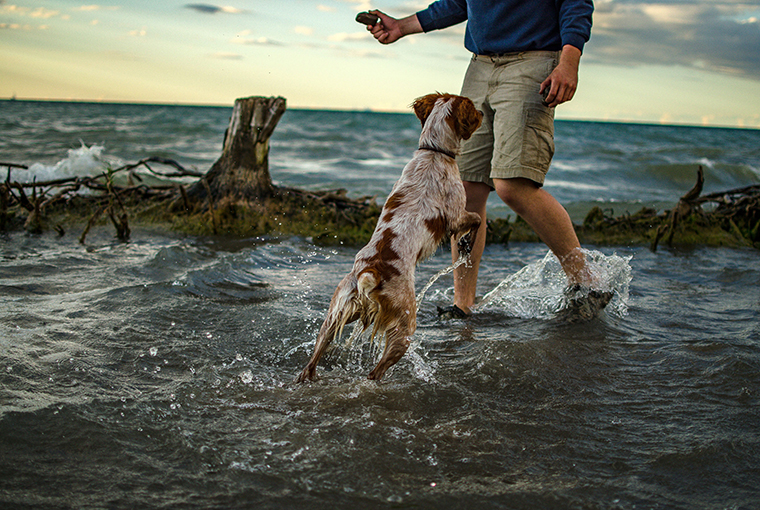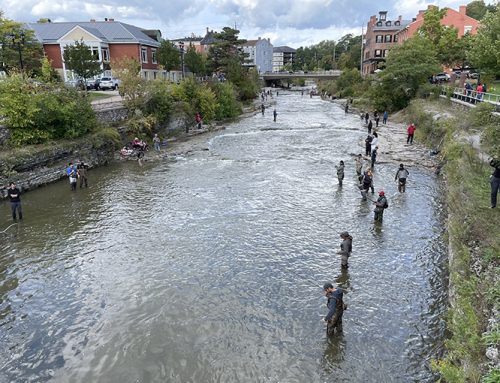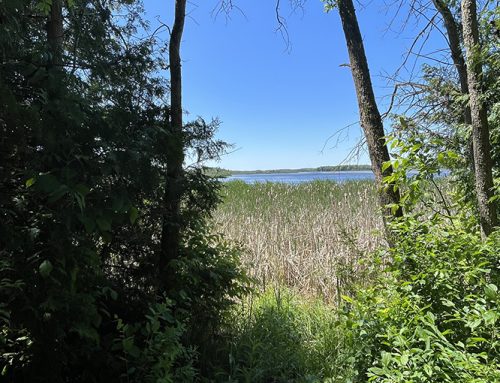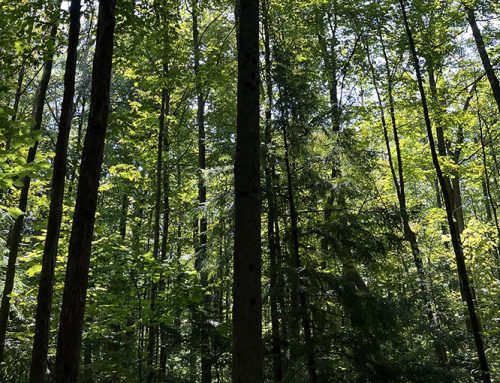
A proposal that would potentially allow for new dog train-and-trial areas is open for public comment on the Environmental Registry of Ontario (ERO) until May 18.
ERO number 019-3685 would alter regulations regarding Ontario’s 24 remaining licensed train-and-trial areas. Train-and-trial areas are enclosed areas on private land where certain wildlife (i.e. cottontail, snowshoe hare, red fox, or coyote) are kept captive for the purposes of teaching dogs hunting skills such as picking up scent trails, tracking, and pursuing game at a safe distance. They are also used for hunting dog trials and to exercise dogs in the off-season. The fencing surrounding these areas confines the captive wildlife and dogs and keeps non-captive wildlife out.
Train-and-trial areas are regulated under the Fish and Wildlife Conservation Act, 1997 (FWCA). A licence is required to own and operate one. Owners must meet regulatory requirements regarding standards of care for wildlife (including a refuge), minimum facility sizes, fencing, and restrictions on the type and number of dogs used. Trialing activities are limited in frequency and use of firearms is prohibited. Records must also be maintained.
New dog train-and-trial licences
New trial-and-train areas were last approved in 1997, and were intended to be phased out over time. As a result, the FWCA does not currently allow for the issuance of new train-and-trial licences or their transfer.
The Ministry of Natural Resources and Forestry (MNRF) is proposing:
- The issuance of licences for new dog train-and-trial areas through a one-time 90-day application period.
- The transfer of licences to own and operate a dog train-and-trial area to new persons.
- The facilities would still be required to conform to strict regulatory standards.
The changes, if passed, would provide an opportunity to establish new train-and-trial areas in Ontario and support the continued operation of licensed train-and-trial areas. This would benefit those who use dogs to hunt or track wildlife, or who run their dogs in trialing competitions, and help avoid conflicts with other land and resource users.
“The OFAH has been lobbying for changes to the training and trialing regulations for some time, and we are pleased to see progress being made that allow hunters who use dogs and other members of the sporting dog community to have increased opportunities and access to these areas,” OFAH Wildlife Biologist Kirsten Snoek said.
To read, or comment, on the proposal visit: www.ero.ontario.ca/notice/019-3685






I fully support the creation of new train and trial areas and any legislation that would make the creation of these areas easier.